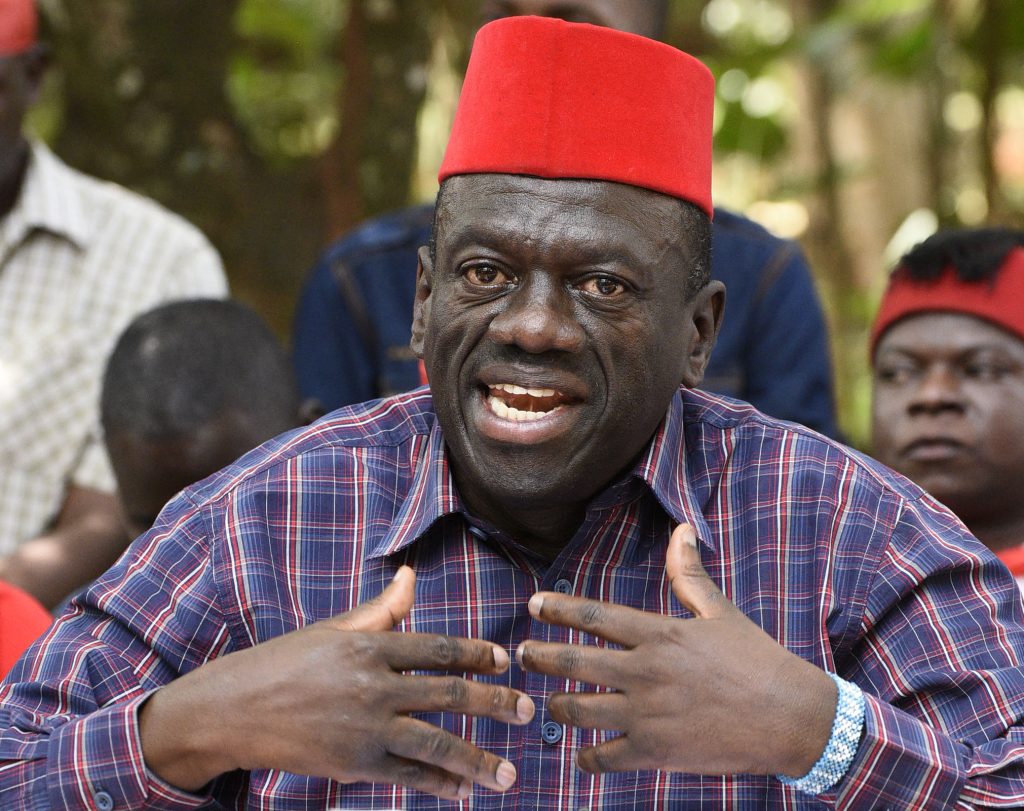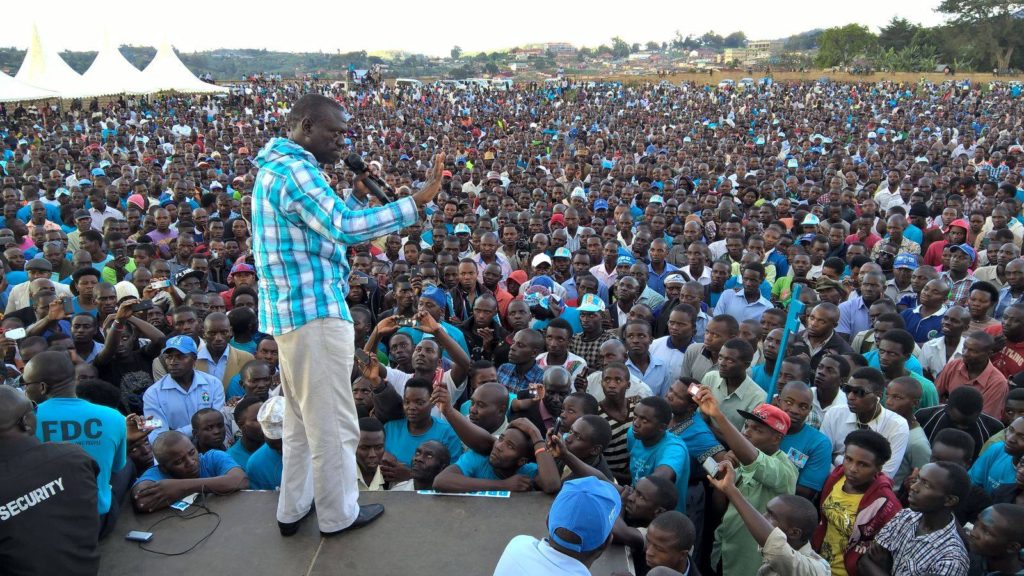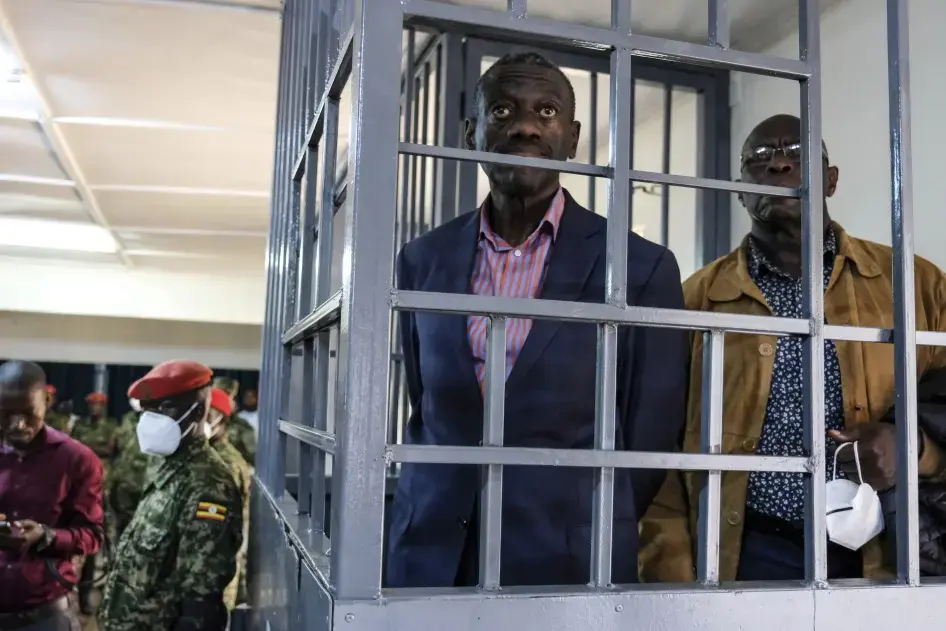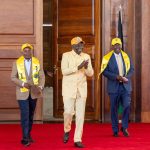Dr. Kizza Besigye, Uganda’s most prominent opposition figure, has spent decades challenging President Yoweri Museveni’s long rule. From being the president’s trusted physician during the 1980s to becoming his fiercest critic, Besigye’s political journey has been marked by arrests, court battles, and relentless pursuit of democratic change.

Early Life and Political Beginnings
Born in Rukungiri in 1956, Besigye trained as a doctor at Makerere University before joining the National Resistance Army (NRA) during Uganda’s 1980–1986 bush war. As Museveni’s personal doctor during the war, he was among those who helped usher in the current government.
After Museveni took power in 1986, Besigye was given government roles, including Minister of State for Internal Affairs. However, by 1999, he had become discouraged with the government’s failure to implement political reforms. His critique of Museveni’s leadership led to his sidelining, transforming him into an opposition leader.
Rise as Uganda’s Leading Opposition Voice
In 2001, Besigye ran against Museveni in a presidential election that was flawed by irregularities and state intimidation. After losing, he fled to South Africa for four years, fearing for his life.
Upon his return in 2005, he co-founded the Forum for Democratic Change (FDC), which quickly became Uganda’s strongest opposition party. He ran against Museveni again in 2006, 2011 and 2016, but each election was accompanied by accusations of fraud and suppression.
Besigye’s campaigns were repeatedly interrupted by arrests, with the government leveling various charges against him, including treason, rape and inciting violence, all widely seen as politically motivated. In 2021, he chose not to run, instead backing Bobi Wine’s presidential bid while forming a new political movement, the People’s Front for Freedom (PFF).

Arrest in Kenya and Controversial Extradition
Besigye’s latest troubles began on November 16, 2024, when he was reportedly abducted in Nairobi while attending a book launch for Kenyan politician Martha Karua. His disappearance sparked outrage, with human rights groups and Kenyan politicians condemning what appeared to be an illegal rendition.
On November 20, 2024, Besigye resurfaced in a Ugandan military court, where he was charged with compromising national security and illegal possession of firearms. The case fueled tensions, with many questioning how a civilian was being tried in a military court.
The Uganda Supreme Court ruled on January 31, 2025, that civilians should not be tried in military courts, marking it a significant legal victory. However, Besigye remained in detention and by February 11, 2025, he had launched a hunger strike in protest. His deteriorating health forced authorities to hospitalize him, leading to increased pressure for his release.
Following nationwide protests, Uganda’s government announced on February 16, 2025, that Besigye’s case would be moved to a civilian court.

Legacy and Influence
Besigye’s resilience has made him a symbol of Uganda’s democratic struggle. Despite decades of setbacks, arrests, and political persecution, he remains one of the most vocal critics of Museveni’s government. His wife, Winnie Byanyima, a human rights advocate and Executive Director of UNAIDS, has also been a strong voice in his defense.






